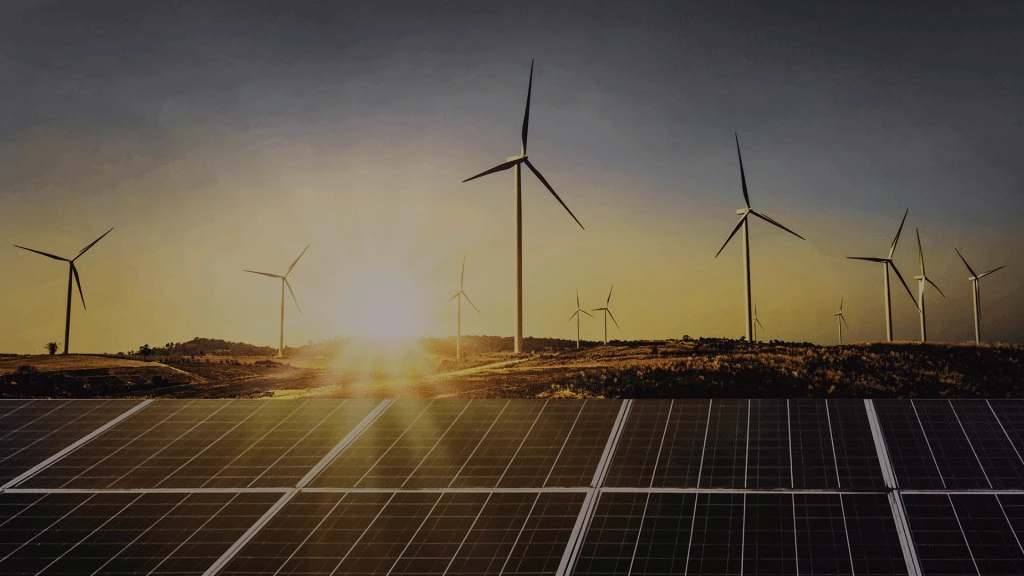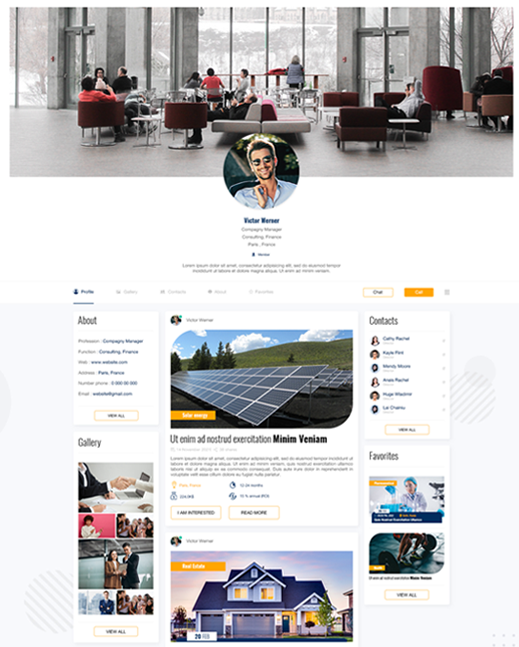News & Views

The team at Chalmers initially established an energy system that made viable the capturing of solar energy, as well as storing it for up to 18 years and then distributing it when necessary. The researchers are now expanding on the technique they developed to include converting solar energy to electricity.
The Swedish researchers previously showed how solar energy can be extracted as heat; now, they have successfully found a way to make their system produce electricity by connecting it to a thermoelectric generator.
Optimising the conversion of solar energy
The ultimate goal of this novel research is to develop self-charging electronics using stored solar energy on demand.
“This is a radically new way of generating electricity from solar energy. It means that we can use solar energy to produce electricity regardless of weather, time of day, season, or geographical location. It is a closed system that can operate without causing carbon dioxide emissions,” explained research leader Kasper Moth-Poulsen, Professor at the Department of Chemistry and Chemical Engineering at Chalmers.
The findings of this novel study have now been published in Cell Reports Physical Science and were carried out in partnership with a team of scientists in Shanghai. The study takes the solar energy system a step further, detailing how it can be merged with a compact thermoelectric generator to convert solar energy into electricity.
MOST technology
The innovative technology is centred on the solar energy system known as Molecular Solar Thermal (MOST) Energy Storage Systems, which was created by researchers at Chalmers University of Technology. The technology developed by the team is based on a specially designed molecule that changes shape when it encounters sunlight.
MOST is a closed energy system based on a specially designed molecule of carbon, hydrogen, and nitrogen, which changes shape into an energy-rich isomer when hit by sunlight. The isomer can then be kept in liquid form for later use when required, such as at night or in winter.
The researchers have refined the system, meaning it is now possible to store the energy for up to 18 years. A specially designed catalyst releases the saved energy as heat while returning the molecule to its original shape, so it can then be reused in the heating system. Now, in combination with amicrometer-thin thermoelectric generator, the energy system can also generate electricity to order.
Ultra-thin chip converts heat into electricity
The Chalmers team delivered their specially designed molecule, filled with solar energy, to collaborators Tao Li and Zhiyu Hu at Shanghai Jiao Tong University, where the energy was released and converted into electricity by applying the generator they built there.
“The generator is an ultra-thin chip that could be integrated into electronics such as headphones, smart watches and telephones. So far, we have only generated small amounts of electricity, but the new results show that the concept really works. It looks very promising,” added researcher Zhihang Wang from Chalmers University of Technology.
Renewable and emissions free
This inquiry has huge potential for renewable and emission free energy production. However, at this stage, a lot of research and development must be carried out before it is possible to charge our technical appliances or heat our homes with the system’s stored solar energy.
“Together with the various research groups included in the project, we are now working to streamline the system. The amount of electricity or heat it can extract needs to be increased. Even if the energy system is based on simple basic materials, it needs to be adapted to be sufficiently cost-effective to produce, and thus possible to launch more broadly,” concluded Kasper Moth-Poulsen.
How to join Oxentt ?
To join the exclusive Business Agency elite group does not require important financial contribution. It is, however, imperative that by joining all members adhere to its philosophy of ethics, respect and seriousness.
Any business owner from any country, investor, entrepreneur and corporate executives are welcome to join us.



